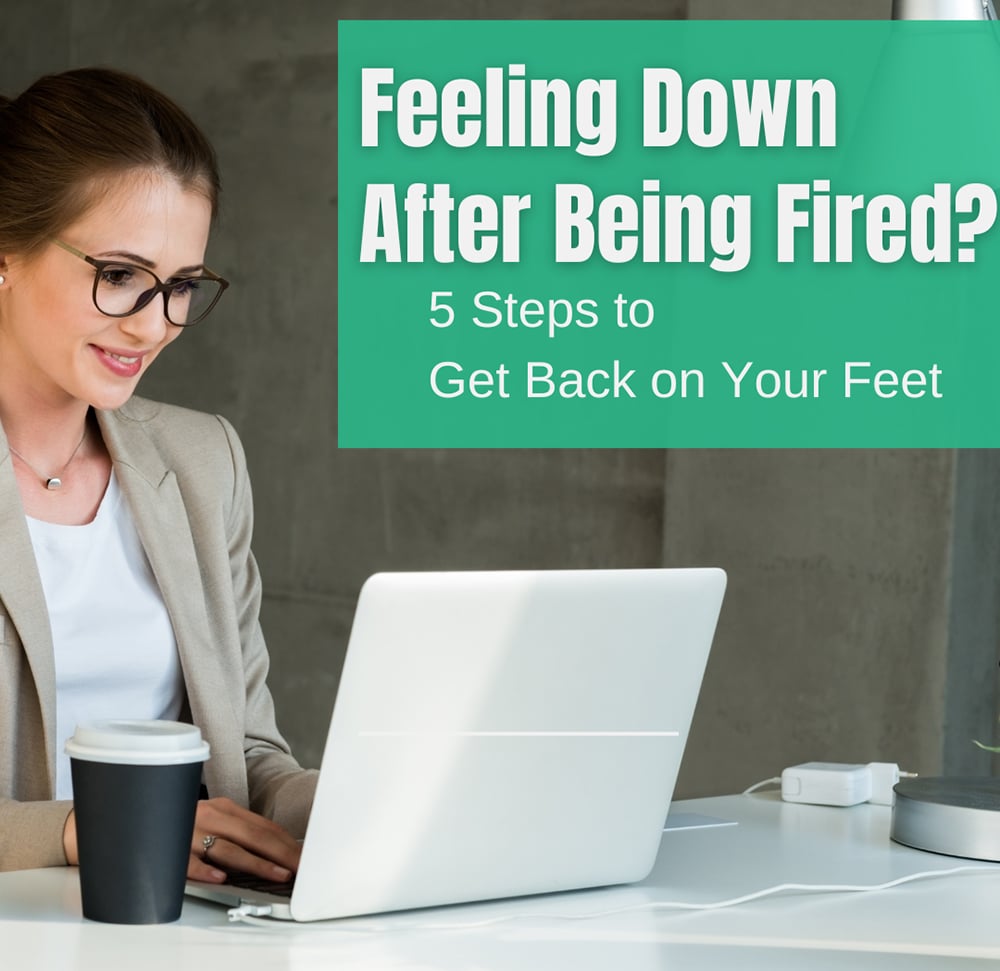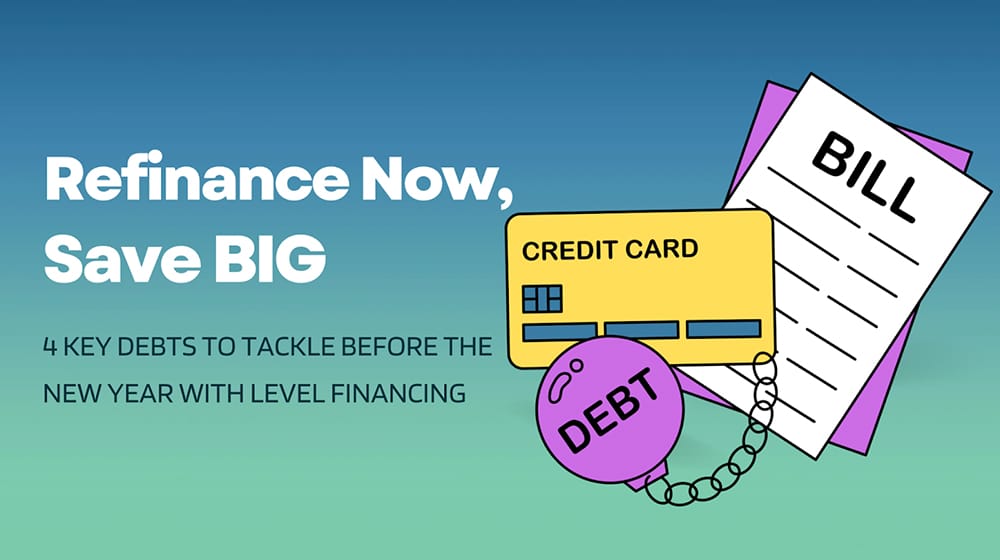Losing your job can feel like a punch to the gut. The sadness hits next. You think about how much you loved your job, how you poured your heart and soul into your work, how you had hoped to build a career there. Now, it’s all gone in an instant, and you’re left wondering: what happens next? How will I move forward from here?
It’s an emotionally devastating blow, no doubt about it. So, here are 5 tips to help you bounce back stronger than ever after being fired.
Step 1 – Allow Yourself to Fully Grieve the Loss
When fired, many people feel they need to tough it out and bury their emotions. But don’t ignore your feelings – let yourself fully grieve the loss so you can heal and move forward.
Give yourself several days to experience the stages of grief – shock, denial, pain, guilt, anger, and sadness. Vent to trusted friends who will listen without judgment. Journal extensively to untangle your complex emotions. Let it all out – laughing one minute, crying the next is normal.
Also, make space for reflection. What did you love about the job? What did you dislike? How can this experience help you grow? Contemplating these questions will bring catharsis and clarity.
When you’re ready, do something symbolic like deleting old work emails or revising your resume. This signals the end of one chapter and the beginning of the next.
Key Takeaway: Take ample time and space to vent your feelings and reflect on the experience. Deep emotional processing will help you heal.

Step 2 – Critically Assess Your Financial Situation
Job loss means income loss, so now is the time to minimize expenses and maximize cash reserves.
Thoroughly review monthly costs like rent, utilities, subscriptions, and debt payments. Make a list of non-essentials to cut, like dinners out, travel, shopping splurges, and salon visits.
Downgrade to cheaper phone, internet, or cable plans if possible. Any extra savings means longer-lasting emergency funds while hunting for work.
Next, apply for unemployment insurance as soon as eligible. Benefits can take weeks to kick in, so don’t delay. The income may be less than your former salary, but it will help cover basic necessities.
If you anticipate struggling, call creditors directly to explain the situation and request reduced or delayed payments. Most will make reasonable accommodations when informed proactively.
Key Takeaway: Aggressively reduce spending, apply for unemployment insurance promptly, and negotiate temporary relief from creditors to stretch finances.
Step 3 – Take Time to Reflect on Your Goals
Losing a job, while difficult, provides the opportunity to pause and reflect on your career purpose and priorities. Start by making a list of your strengths, passions, interests, and values.
- What tasks energize you?
- What workplace cultures and environments suit you best?
- How aligned was your past role with your innate talents and interests?
This assessment will provide clarity as you pivot into new opportunities better aligned with who you are.
Next, consider if you want to remain in the same field or make a more drastic change.
- Is your industry growing or declining?
- Does your skillset remain competitive?
- Do you need to learn new technologies?
- Location changes?
- A hybrid or fully remote schedule?
Taking inventory will help you decide which types of jobs and companies to target in your search.
Key Takeaway: Step back and thoughtfully assess your skills, interests, values, and professional goals. This reflection provides direction for targeting more fulfilling types of work.
Step 4 – Leverage Networks and Aggressively Job Hunt
The temptation after getting fired is to retreat inward and shut down. But moping on the couch won’t find you a new job. You’ve got to shake off the rejection immediately and launch a relentless search.
Start reaching out to your network and tapping contacts who can help. Call former colleagues to let them know you’re available. Email that past manager whom you impressed. Ask college friends now in roles to refer you. See if family members know of any openings. Leverage your connections, both strong and weak – you never know who might surface promising leads.
Attend local industry association meetings, conferences, and networking events to expand your community. The broader your outreach, the quicker you’ll land rewarding opportunities.
Key Takeaway: Leverage personal networks, polish online profiles, apply aggressively, and expand in-person networking. Maintaining diligent momentum is key to surfacing promising leads.
Step 5 – Prioritize Self-Care and Positivity
Job loss can decimate your confidence. Counteract this by making self-care and positivity high priorities. Maintain routines that nourish your physical and mental health:
- Eat nutritious meals rich in mood-boosting nutrients
- Exercise daily to release endorphins and reduce anxiety
- Get at least 7-8 hours of sleep nightly to aid cognition
- Spend ample time outdoors to reduce stress
- Read, pursue hobbies, listen to uplifting podcasts
- Avoid social media comparisons and limit news consumption
- Journal regularly to organize thoughts and relieve worry
- Lean on supportive friends and family to boost morale
It’s normal to feel discouraged about the future during unemployment. It takes conscious effort to redirect this pessimism and reframe your mindset. Actively counter those negative thoughts with affirming ones.
Make a daily list of accomplishments, skills, and attributes you’re proud of. Write down goals that excite you, along with incremental steps to get there. Envision yourself confidently crushing the interview, landing the job, and excelling in your new role.
Key Takeaway: Make nurturing your physical, mental, and emotional health a top concern. Positivity and self-care practices will sustain resilience and motivation when challenges arise.

Final Thoughts
Kickstart each morning by writing down three positive things you feel grateful for. Let these reflections set the tone for self-belief throughout the day.
Along with mental resilience, nurture your physical and emotional well-being. Eat healthfully, move your body, and socialize with uplifting people. Keep up self-care routines that anchor you amidst uncertainty.




